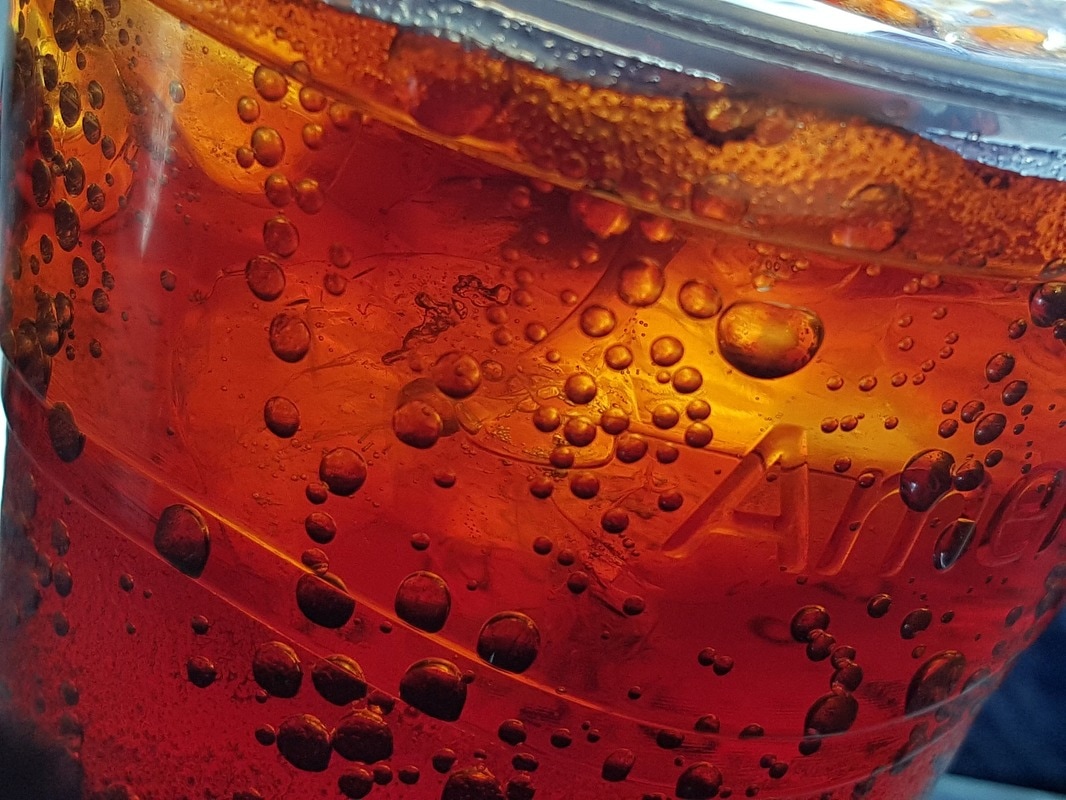|
Top soda executives from Coca-Cola and Dr Pepper Snapple took aim at taxes on sugary drinks that are being levied throughout the country, calling them "devastating" for the beverage industry and the retailers who sell the carbonated products.
Also read, Canada sets agenda for soft drink plain packaging. Several U.S. cities have instituted taxes on sugary drinks and the practice has been spreading. But recent studies seem to back the contention from soda manufacturers that these taxes are having a negative impact on the industry: In Berkeley, California, a study found sales of all sugar-sweetened beverages decreased approximately 9.6% during the first year of the one cent per ounce tax. Meanwhile in Philadelphia, where the city instituted a 1.5 cent per ounce tax on sugar-sweetened beverages, soda giant PepsiCo said it would need to lay off 80 to 100 workers after sales dropped 40%. Recent taxes on sugary beverages have "negatively impacted business” in areas where they are in effect, according to James Trebilcock, executive vice president and chief commercial officer for Dr Pepper Snapple, which makes and distributes Dr Pepper, 7 Up, Sunkist and Canada Dry, among other sodas. “It’s a devastating tax and there is no rationale for what they did. We’re fighting as an industry to educate people about the punitive nature and the fact that it’s very regressive. This is a money grab around municipalities that are going bankrupt.” During the past year, U.S. municipalities such as San Francisco, Oakland and Cook County, Illinois, which includes Chicago, have approved similar laws to tax sugary beverages. The American Beverage Association has already spent millions of dollars to oppose sugary beverage taxes — often without success. One initiative in Santa Fe was voted down Tuesday by residents, the first defeat for such taxes in recent history. Proponents have touted the sugary drink tax as a way to help raise revenue for area schools or other public services, while at the same time waning consumers off sugar and minimizing the harmful effects that too much consumption can have on the human body. But big soda makers have blasted the tax as unnecessary and bad for area retailers, most notably small stores, and workers at beverage wholesalers. At Coca-Cola, the impact of the taxes has been severe. Its wholesalers in Philadelphia, the first major U.S. city to implement a soft drink tax last June, estimated soda volume delivered by its bottlers has fallen by one-third, according to Sandy Douglas, president of Coca-Cola North America. But its impact has spread to low and no-calorie beverages, too, which are down close to 50% with tea declining 33% and sports drinks dropping 39%. "The consumer and the beverage companies will get our category to where the consumer wants it to be," Douglas told a crowd attending the Beverage Forum in Chicago. "What we don't need is shocking government intervention." Even in areas without the tax, shoppers are increasingly shunning soda and other sugary drinks in favor of teas, waters and fruit-flavored, antioxidant-infused beverages. Sales of carbonated soft drinks slumped 0.8% in 2016, the 12th straight year of such declines. In response, soda makers have introduced smaller cans and more low calorie drinks — many turning to stevia, monk fruit and other sweeteners instead of sugar. Coca-Cola, Dr Pepper Snapple and PepsiCo have all made a commitment to reduce the number of sugary drink calories that Americans consume by 20% before 2025. "The sustainable change that consumers are creating for themselves is a far better way of orchestrating change," Douglas said. "Taxing people and discriminating against businesses that create lots of jobs and retail stores in cities where there is already a dearth of fresh food, and you go out and take out a category that is very profitable for them — it takes you back in a really disruptive way." SOURCE Christopher Doering, Food Dive
0 Comments
Leave a Reply. |
Advertisement
News & Updates
Stay informed with the latest news around foodservice, agriculture and other related food news. Advertisement Opportunities
|


 RSS Feed
RSS Feed


